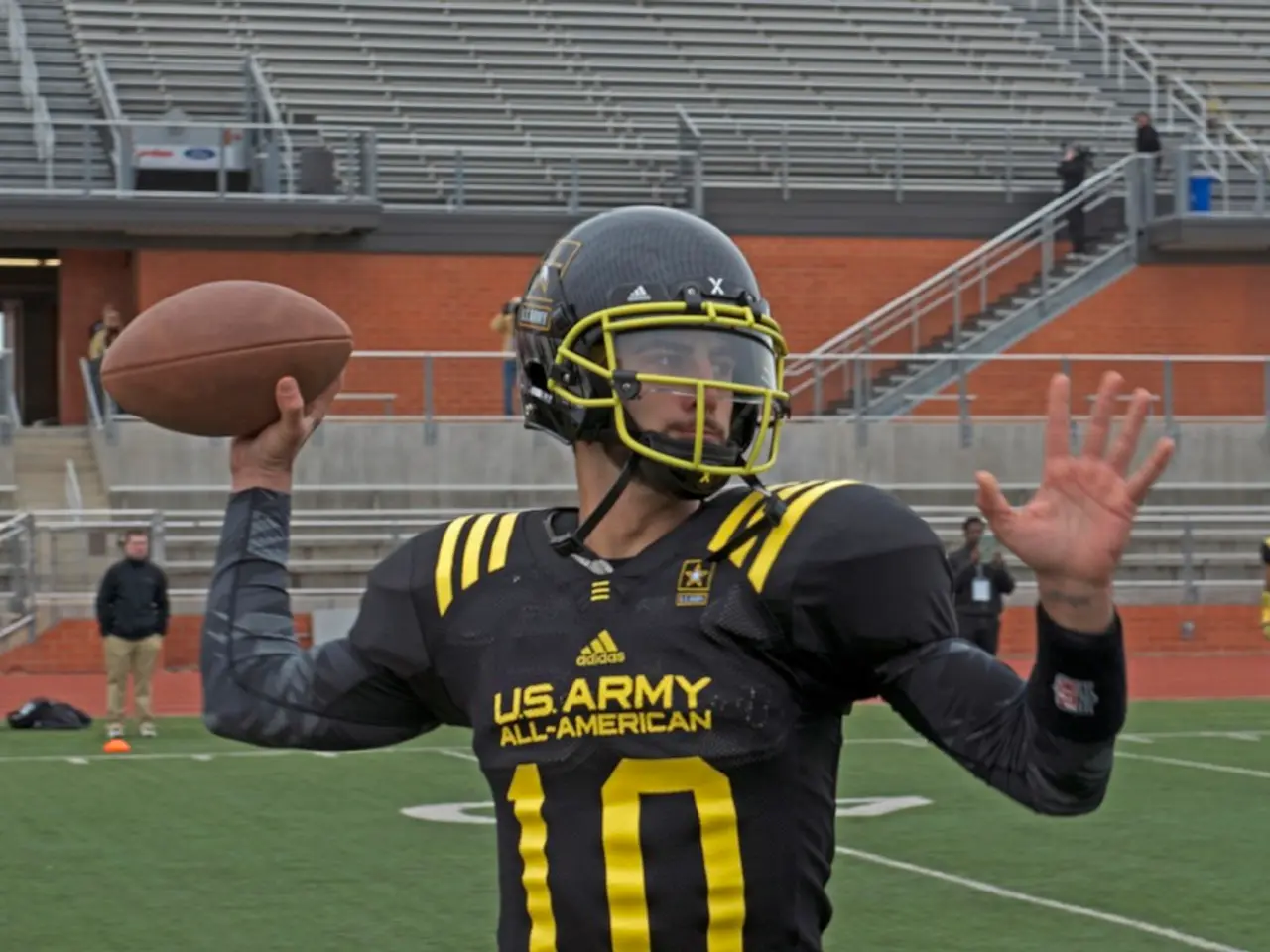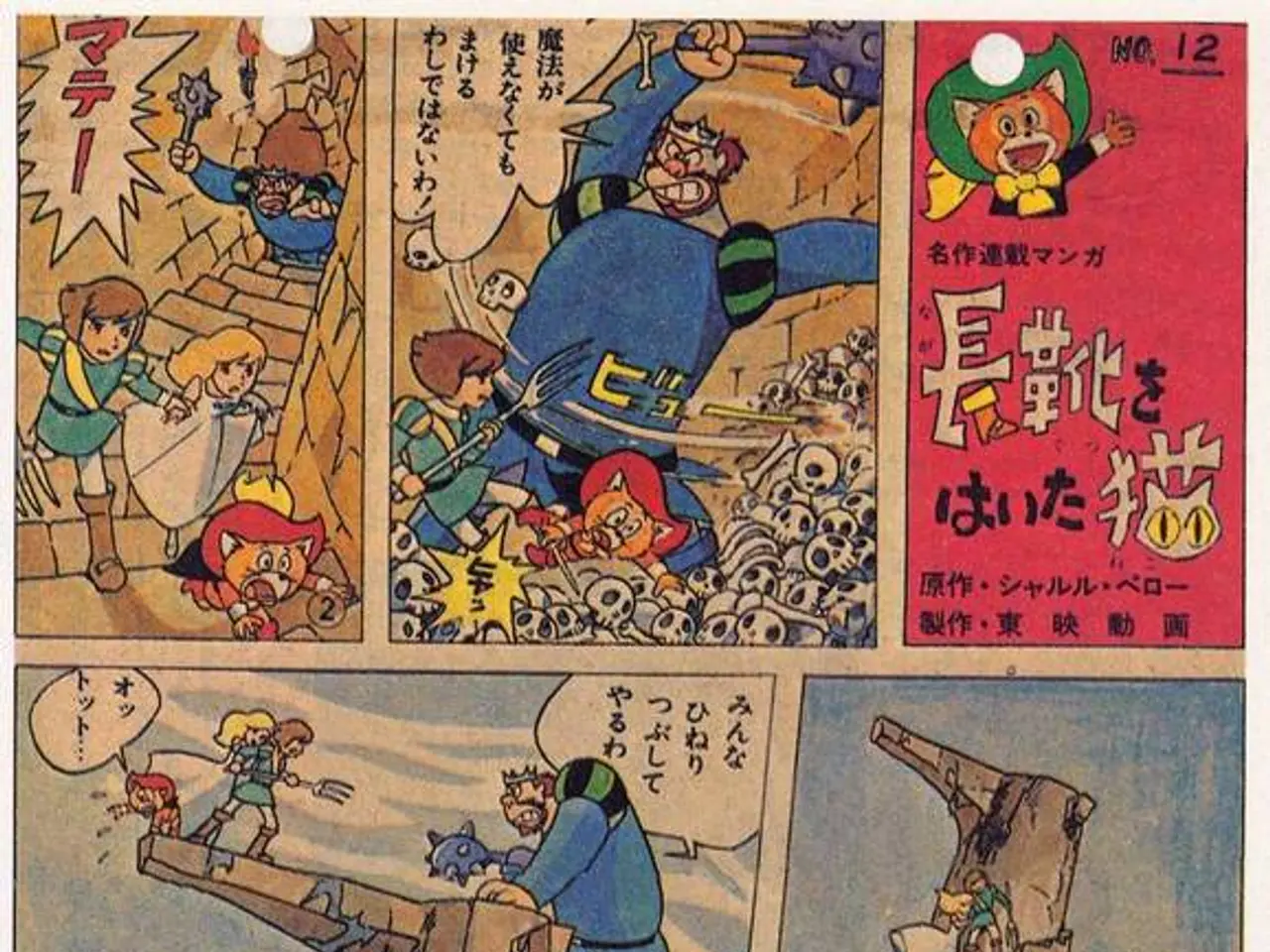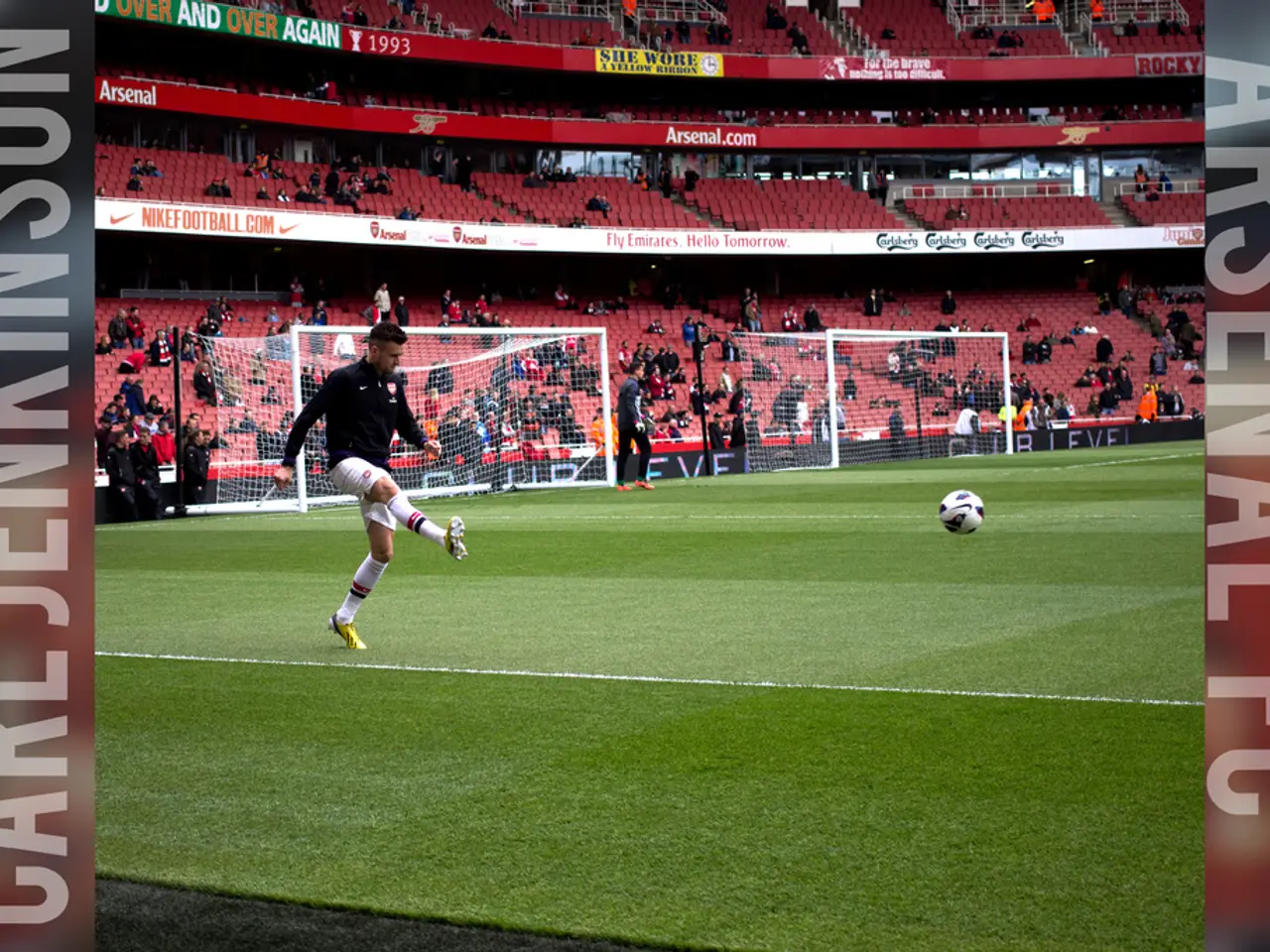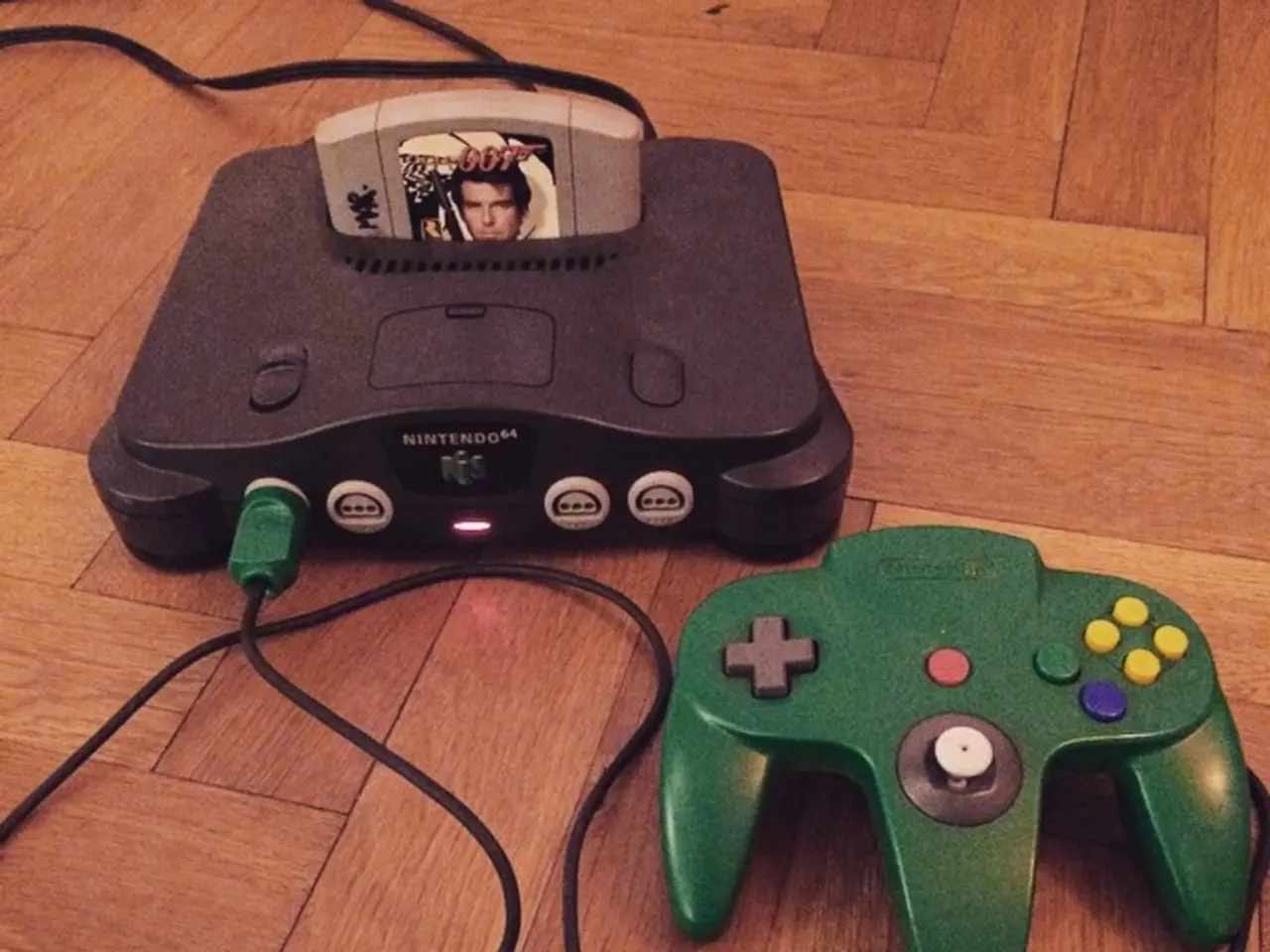NFL Commissioner Roger Goodell discusses a recent shooting incident in an emotional pre-game interview before an upcoming NFL game.
In a somber week, NFL Commissioner Roger Goodell addressed a shooting that targeted NFL headquarters, claiming the lives of four individuals. The tragedy unfolded earlier this week, and Goodell was conspicuously absent from the NFL preseason opener between the Los Angeles Chargers and the Detroit Lions. Instead, he attended the funeral of NYPD officer Didarul Islam, who died in the attack.
Islam, a father of two with a third child on the way, was promoted to first grade detective before his untimely death. The shooter, who played high school football but never made it to the NFL, intended to target NFL headquarters but took the wrong elevator.
The acts of violence and hatred are happening too frequently around the country and the world. In a statement, Goodell expressed that there are no excuses for such senseless acts. He emphasized the need for vigilance to protect people, including NFL employees.
The NFL is committed to ensuring the safety of its employees and people. However, the issue of chronic traumatic encephalopathy (CTE) in NFL players remains a pressing concern. CTE is a brain disease caused by repeated hits and head trauma sustained over years playing American tackle football. Each year of play increases the risk by about 30%, and after approximately 2.6 years, the risk doubles.
Nearly 92% of studied ex-NFL players showed signs of CTE after death. Symptoms typically appear years after the head injuries and include memory loss, mood changes, confusion, impulsive behavior, and cognitive difficulties such as trouble thinking clearly. These arise due to changes in the brain, notably the abnormal accumulation of tau proteins in neurons, detectable only post-mortem.
Repetitive head impacts can also cause loss of white matter in the brain, contributing to behavioral and thinking problems, even without a confirmed CTE diagnosis. The only definitive diagnosis is through brain autopsy after death, looking for characteristic tau protein changes. Current research highlights a strong link between contact sports like football and CTE, especially with longer exposure starting at young ages.
Despite improved safety measures in professional football, the risk remains significant due to the cumulative effect of repeated brain impacts over time. When asked about the CTE claim, Goodell did not address it directly. However, the NFL's commitment to player safety and well-being is undeniable, as evidenced by Goodell's recent visit to a hospital in New York, where he spent an hour with an injured NFL employee.
The injured employee, with a young family, is a poignant reminder of the human cost associated with the game. As the NFL continues to grapple with the complexities of player safety and the potential long-term effects of head injuries, the tragic shooting serves as a stark reminder of the need for vigilance and care in all aspects of life.
The general news across the nation includes the tragic shooting at NFL headquarters, a crime and justice issue that claimed the lives of four individuals, including NYPD officer Didarul Islam. Despite the incident, the NFL commissioner, Roger Goodell, remains committed to protecting NFL employees and addressing ongoing concerns such as the chronic traumatic encephalopathy (CTE) that affects American football players, as shown by studies demonstrating nearly 92% of ex-NFL players exhibiting signs of CTE after death. The NFL continues to devote resources to improve player safety and well-being, acknowledging the human cost associated with the game.







